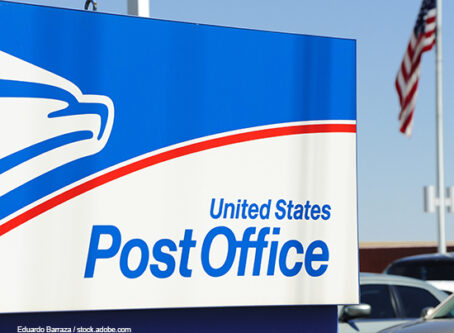ELD mandate called into question at Trucking Safety Summit
The public comment period during FMCSA’s 2020 Trucking Safety Summit, included an extremely pointed question.
After mentioning that some of the event’s panelists discussed the concept that compliance with an FMCSA regulation doesn’t always equal improved safety, the commenter asked, “When is FMCSA going to admit that the ELD mandate didn’t work?”
The commenter was referring to the electronic logging device requirement for commercial motor vehicles, which started in December 2017. It was a controversial topic at the time and one that the Owner-Operator Independent Drivers Association petitioned the U.S. Supreme Court over.
Nearly three years later, opposition of the ELD mandate remains. Opponents question whether or not the mandate has done anything to improve safety on the highways. They also point to the costs of the ELDs, as well as cybersecurity concerns they’ve created.
OOIDA has said that FMCSA should put its resources behind regulations that have been proven to increase safety and that the agency should remove regulations that have no benefit to safety. The ELD mandate falls in the latter category, OOIDA Executive Vice President Lewie Pugh said.
“It’s no secret that most drivers don’t like the ELD mandate,” Pugh said as part of his opening remarks during the Trucking Safety Summit on Aug. 5. “ELDs have created more stress, more costs, and more fatigue. There is simply no safety justification whatsoever for an ELD mandate.”
Opposition
While the official numbers haven’t been released, preliminary stats don’t do much to support the justification for the ELD mandate. A preliminary study released in 2019 said ELDs have not reduced crashes and may cause an increase in unsafe driving habits. According to numbers from the National Highway Traffic Safety Administration, fatalities involving large trucks reached a 30-year high during the first full year of the ELD mandate.
In addition, a recent FBI bulletin stated that ELDs have created cybersecurity issues.
“Cyber criminals could exploit vulnerabilities in electronic logging devices,” the FBI bulletin stated. “Although the mandate seeks to provide safety and efficiency benefits, it does not contain cybersecurity requirements for manufacturers or suppliers of ELDs, and there is no requirement for third-party validation or testing prior to the ELD self-certification process.
“This poses a risk to businesses because ELDs created a bridge between previously unconnected systems critical to trucking operations.”
OOIDA cited concerns regarding ELDs and cybersecurity as early as 2017.
Now, let’s get back to the question.
Jim Mullen, FMCSA’s acting administrator, answered the commenter’s question but held firm on the agency’s stance regarding ELDs.
“That’s something we’re just going to have a difference of opinion on,” Mullen said.
The agency’s leader did admit that compliance with regulations doesn’t always equal safety but added that FMCSA’s job is to “provide support and regulatory means to be as safe as possible.”
Joe DeLorenzo, FMCSA’s acting associate administrator for enforcement, said that hours-of-service violations have been nearly cut in half since the ELD mandate took effect.
“We’ve seen a significant decrease in violations, which I think is really important from a safety standpoint.”









